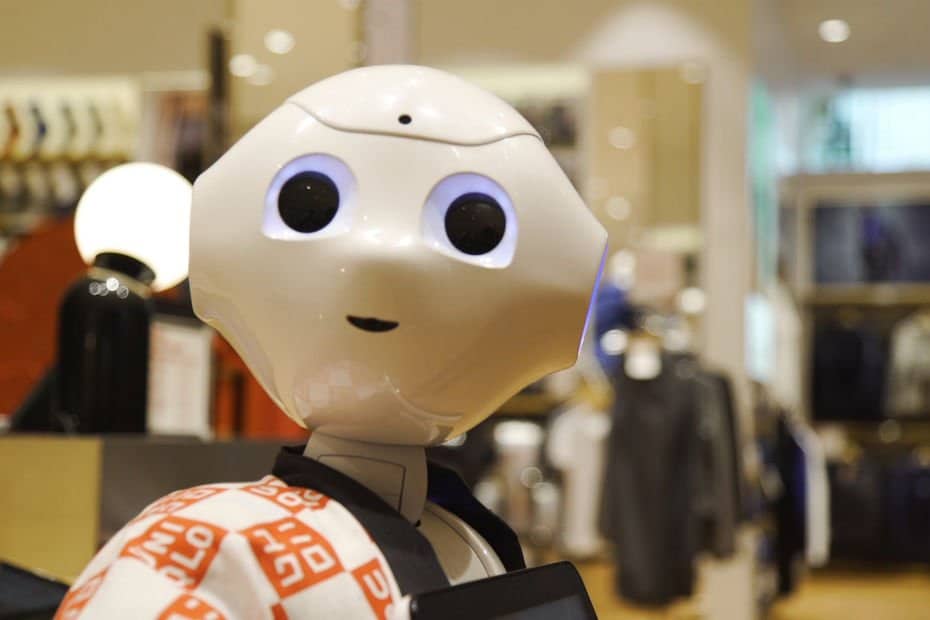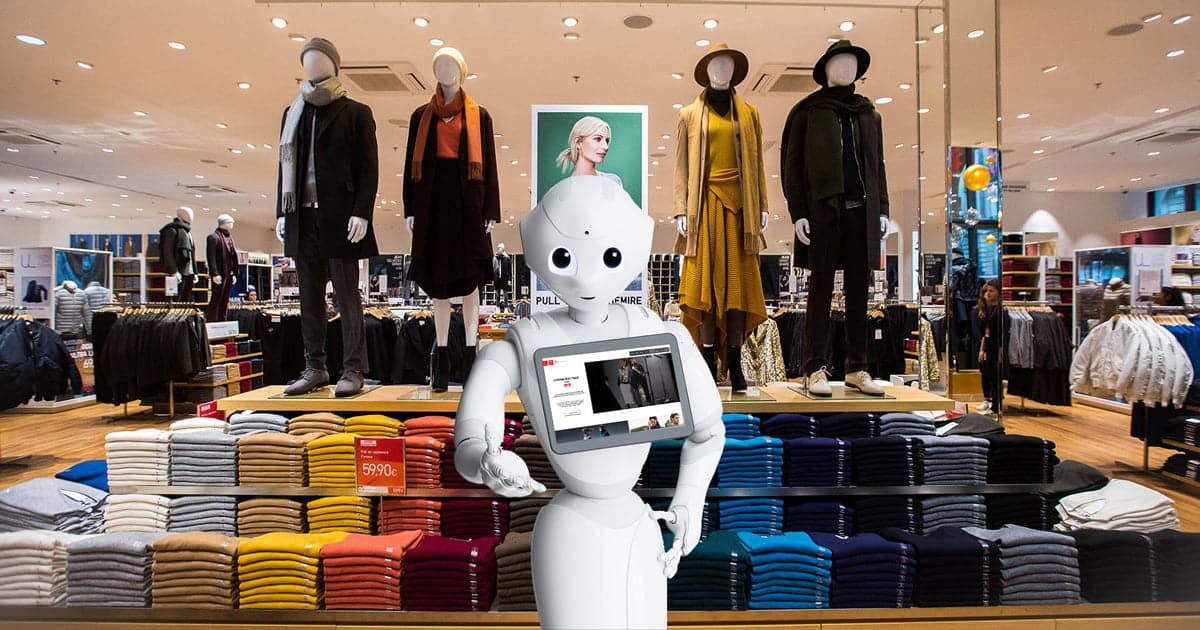And the age-old problem of folding and storing t-shirts after rehearsals has also been solved.
The Japanese clothing company Uniqlo is moving closer to full automation at its flagship megastore in Tokyo.
According to a new report from the Financial Times, Uniqlo's parent company, Fast Retailing, has partnered with a Japanese startup that develops industrial robots. The aim is to create a two-armed robot capable of collecting T-shirts and packaging them, a task that previously could only be carried out by a human being.

This is an important innovation as it could allow Uniqlo, which has already replaced 90% of its employees with robots in its megastore, to start a fully automated process.
Mujin, the “mother” of Uniqlo robots
Mujin is a Japanese startup developing industrial robots, which has recently focused its efforts on equipping its machines with special capabilities. For example, that of collecting t-shirts and boxes from display to packaging, up to sending to customers.
One of Uniqlo's managers in retail who focuses on supply chain development, highlighted the importance of such innovations in Japan at this time.
“It is becoming extremely difficult to hire workers – much more so than people think”said the executive vice president of Fast Retailing Takuya Jimbo. “We have to stay ahead of the curve and keep doing trial and error because only companies that can update their business models can survive.”
Jimbo it refers to a labor shortage that is crippling Japan, due to the low birth rate and the rapid aging of society. A shortage that forces the elderly to work even beyond retirement age, helping themselves with technologies such as the exoskeleton.
Data from the National Institute for Population and Social Security estimates that Japan's population will collapse. From around 127 million in 2018 to around 88 million by 2065.
Recent data from the Ministry of Internal Affairs and Communications of Japan also indicate that one in five people in Japan is now over 70 years old.
For this reason, no one worries about the impact on employment.


